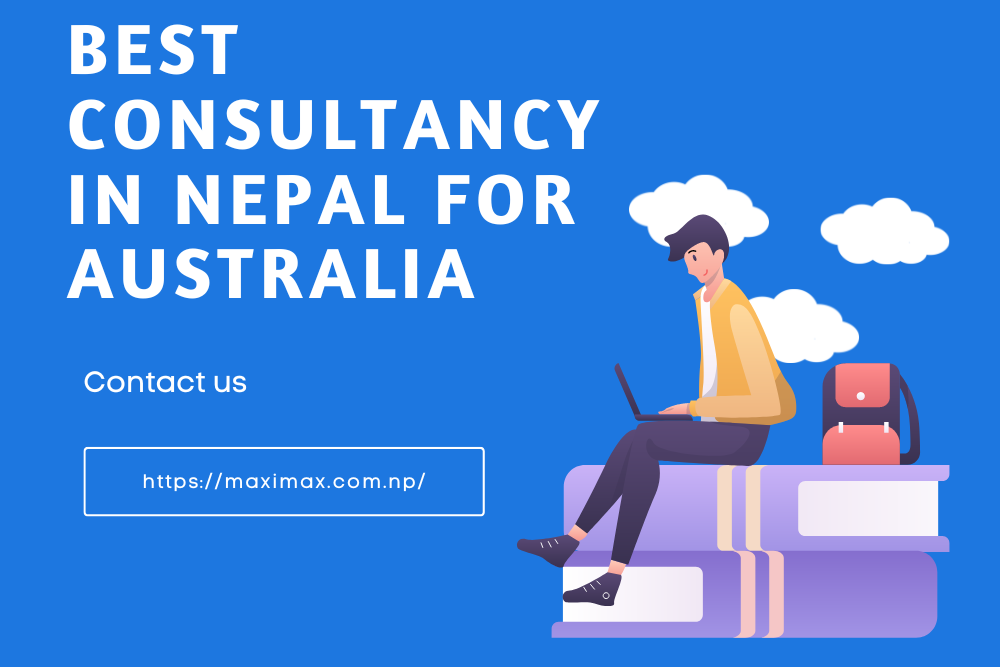
Studying in Canada offers many driven Nepali students an exciting chance to get an international education and experiences that may lead to worldwide job chances. However, it makes sense that there are some questions when applying from Nepal to universities in Canada. The purpose of this article is to offer practical advice for navigating that procedure and raising your chances of success.
International applicants are encouraged to apply to Canadian universities, which are dedicated to helping students succeed in their academic endeavors. A student visa application, academic credentials, English language ability, and evidence of funds are a few important factors.
Further precise requirements may be provided by certain universities, thus careful investigation is still necessary. If one is focused and determined, obtaining an international education may be more achievable than initially thought.
You need official transcripts and certificates proving you have completed your high school education with required subjects at the appropriate levels. If you want to transfer any university credits, you'll need transcripts from previous post-secondary institutions as well. You should check each program's entry criteria, like minimum GPAs.
You must achieve the minimum IELTS or TOEFL English test scores mandated by your chosen university, usually between 6-7 bands overall. Some technical programs may require additional subject-specific language exams.
You need to prove you have access to sufficient funds to cover estimated yearly expenses without employment, which average $15,000-30,000 CAD depending on your program and location. Some approved student loan options exist. You may need sponsor letters from family if relying on ongoing outside funding.
You apply directly to each university through their online portals by the deadlines, which are typically December - March for September intakes and September - November for the January intake start dates. Processing takes 2-4 months, longer if additional time is required to obtain a study permit. Some students apply to community colleges first to potentially transfer credits later.
You must acquire a valid student visa that clearly shows your intention to depart Canada after your studies are complete. The visa issuance depends on a complete application process and meeting eligibility criteria. You are also obligated to purchase medical insurance for your stay duration.
The application process for international students wishing to study in Canada must include acquiring a student visa. After all, if you don't have a visa, you won't even be able to enter the nation to attend classes. But a visa isn't the only necessary document that students from other countries must have. In Canada, a study permit is also required!
A study permit enables an international student to enroll in courses at approved Canadian universities. It seems simple, doesn't it? The issue arises from the widespread confusion between "student visa" and "study permit." They are actually two distinct things.
A student visa is, in essence, a permission to enter a nation. It's an authorization with conditions. This implies that the officer at the border has the right to refuse you entry into the nation even if you have a student visa. You can remain in the nation with a Study Permit in hand. It contains the specifics of your goal.
To put it another way, consider the following as the two's differences:
What you'll need to apply for your study permit is:
Additionally, you need to demonstrate that you have sufficient funds to cover your:
You can be requested to show that you are able to sustain yourself and any accompanying family members financially by supplying:
For further details on eligibility, costs, and processing periods related to obtaining your study permit, please visit the website of the Government of Canada.
Thoroughly research your program and school options using university websites. Realistically budget total living expenses by location. Have backup plans in case your initial choices fall through, but remain hopeful. Proper planning smooths your transition abroad for studying in Canada.



